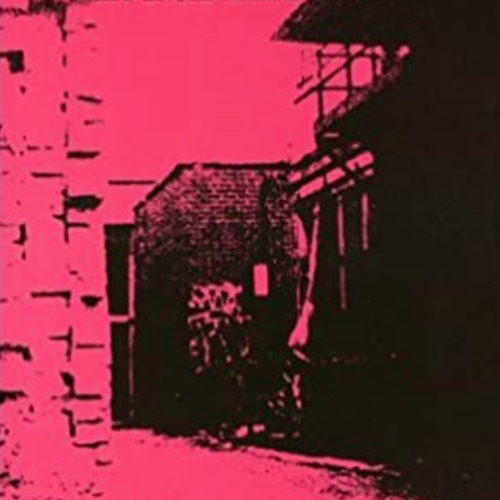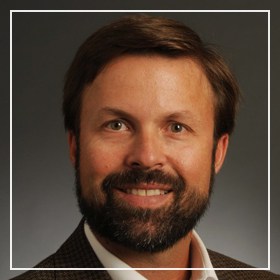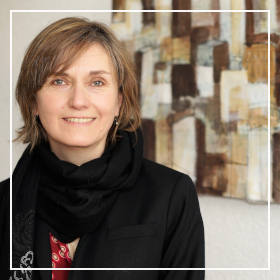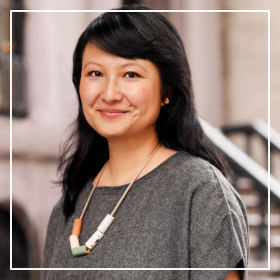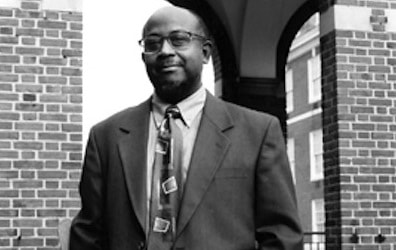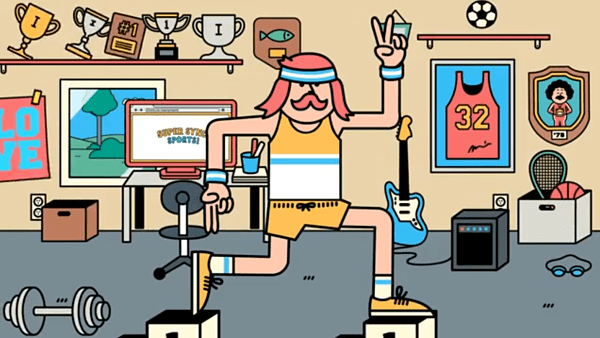Meg Davis
Sally Engle Merry got more of a kick than anyone I know from not only thinking big and aiming high herself, but helping other scholars to do so also. That openness, good humor and generosity of spirit were a key part of what made her impact as a scholar so huge.
How did she sustain such kindness and generosity of spirit, while also managing to be so amazingly productive and active?
We met a few times at NYU over the years, but I got to know her a little better and to work with her during the three years I was a visiting scholar at NYU’s Center for Human Rights and Global Justice. I was working from Geneva at the time, and would fly over for a week or two of writing and meetings when I could put the funds aside. We had a series of lunches around the West Village whenever we were both in town. From proposing the topic of the book I wound up writing at NYU, to commenting on draft paper presentations, to ultimately recommending the book manuscript be published as part of the series on Law and Society which she edited at Cambridge University Press, she was supportive at every step of the way. Every time I reached out to her I fully expected to be ignored, as I might naturally expect from someone as renowned and busy as she was, and every time she responded positively and encouragingly — usually within a day. I only regret that time ran out before I ever got to know her well enough, beyond our professional relationship, to fully understand how she sustained such kindness and generosity of spirit, while also managing to be so amazingly productive and active. I am really grateful and humbled to have experienced it and to have the chance to continue to learn from her written work; and thankful to her family and friends for sharing her with the rest of us.
Mark Goodale: What would Sally do?
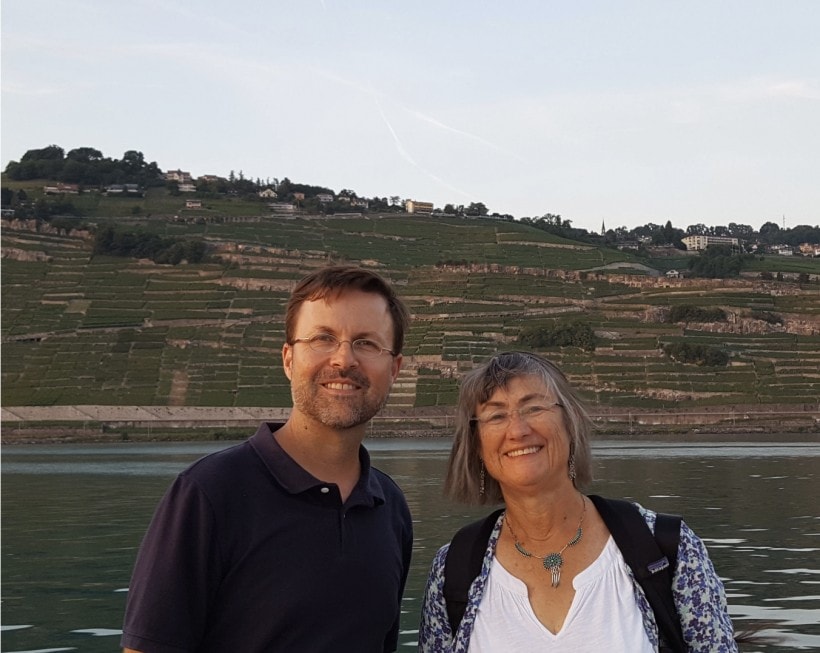
There will be many ways to remember and memorialize Sally in the months and years to come, but I thought I would say something about the lessons I learned from her over the years, lessons both professional and personal.
Sally was a legendary mentor to students and colleagues. It’s important to remember that she spent the first thirty years of her career teaching at her alma mater, Wellesley College, where she didn’t supervise her own doctoral students. Nevertheless, she mentored hundreds of graduate students over these decades in a more informal capacity, as well as serving on doctoral committees at different universities around the world. Indeed, this was how I first met Sally; like many, I suppose, I reached out to her as a doctoral student with a passion for the anthropology of law. This would have been around 1996 or 1997. From that moment on, she played the most important role in my career, first as a mentor, then as a colleague, and finally as a friend.
There are many professional lessons to be learned from Sally’s career, but the one that has shaped my own sensibilities more than any other has been the importance of a kind of scholarly steadiness. Leaving aside her much-appreciated introduction to the cultural dynamics of gender violence, her five other sole-authored books appeared like clockwork roughly every ten years: based on funded ethnographic research; complemented by corresponding journal articles; and developed conceptually through invited lectures, collaboration with colleagues, and a willingness to revise, reinterpret data, and view the project from different perspectives.
Sally embodied more than any scholar I’ve ever known the wisdom of the apparent paradox festina lente, “hurry up slowly.”
In this, Sally embodied more than any scholar I’ve ever known the wisdom of the apparent paradox festina lente, “hurry up slowly.” Of course, this kind of quotidian scholarly regularity over many decades is only possible if there is real love for the process itself, even more than for the results. (Here, I can’t help but think of Rilke, who said we should learn to love the questions themselves.) Sally loved her work, the long-term commitment to writing, the anthropological life—despite, or, perhaps because of, its mysteries, its contradictions, its unresolvable questions.
Personally, the ever-present lessons I learned from Sally are the importance of discretion, tolerance, and respect for colleagues, even—or especially—those with whom we disagree. Every time I have felt like blasting off an indignant email, I have thought of Sally and have almost always desisted, or have reframed the righteous missive to be understanding, understated, even ambiguously brief.
I ask myself: What Would Sally Do? Although it is difficult in many cases, I try and do what I know Sally would do: let her love light shine.
During the multi-year project that led to The Practice of Human Rights (2007), I had the occasion to witness Sally’s tact in action many times, something that was absolutely necessary among that group of alpha anthropologists. Sally’s spirit of grace was something she applied to every situation: letters of recommendation, grant reviews, interactions with students. Any time I’m faced with similar choices, because our lives are filled with choices, I ask myself: What Would Sally Do? Although it is difficult in many cases, I try and do what I know Sally would do: let her love light shine.
See other obituaries here and here.
Carol Wang
Sally Merry was a brilliant scholar, but what stood out to me most was her generosity and kindness. As a young, 20-something working in the New York City nonprofit human rights world, I came across her work and it inspired me to pursue a PhD in anthropology. Although I did not end up at NYU, she nevertheless mentored me, sat on my committee, read all of my work, and often thought of me for teaching and research positions. All this she did while excelling in her field and leaving an indelible mark – both personal and professional – on each colleague and student she came across (as the many messages left in her memory show).
I don’t know how she managed, but she appeared to do it all, and with so much grace and empathy.
When life necessitated a move away from academia for me, she was supportive of that as well. It reminded me that she was not only a teacher and scholar, but a mother and a wife. As someone who also now inhabits these latter roles, I can only imagine the numerous demands on her time – and it makes me appreciate, even more, every second she shared with me. I don’t know how she managed, but she appeared to do it all, and with so much grace and empathy. I’ll feel her loss for a long time to come.
Featured Image: Cover image (cropped) of Sally Engle Merry’s book, Urban Dangers: Merry, S. E. (1981). Urban danger: Life in a neighborhood of strangers. Philadelphia, PA.
Photo of Goodale and Engle Merry, originally published on PoLAR.

